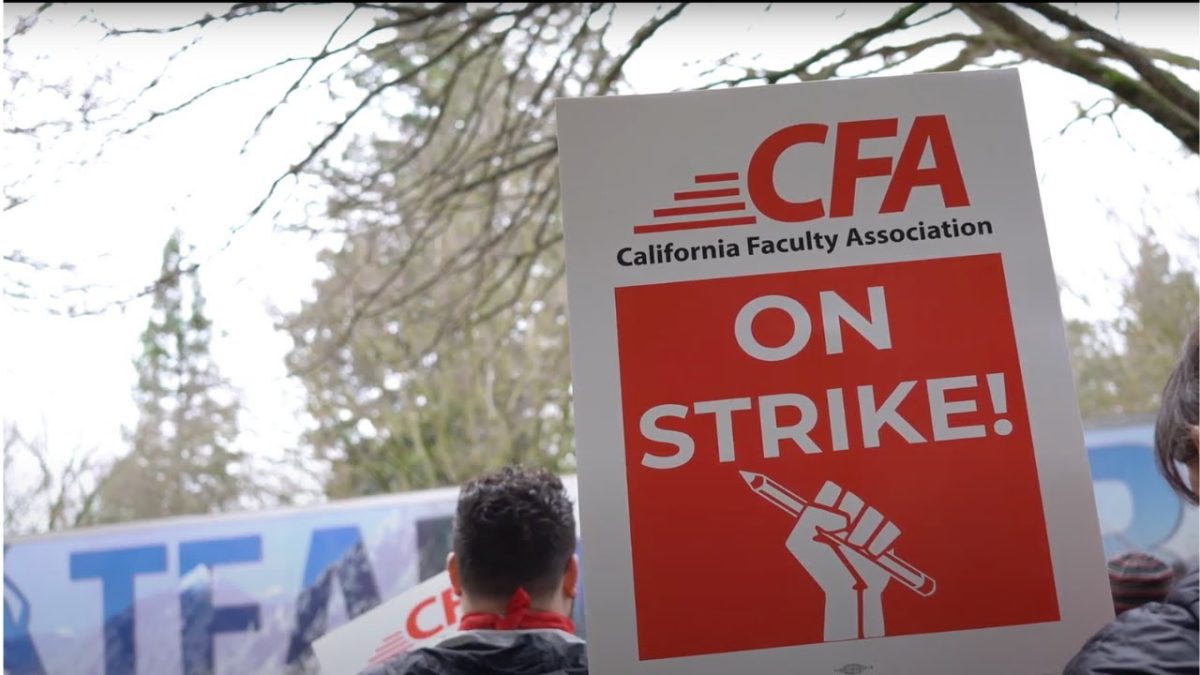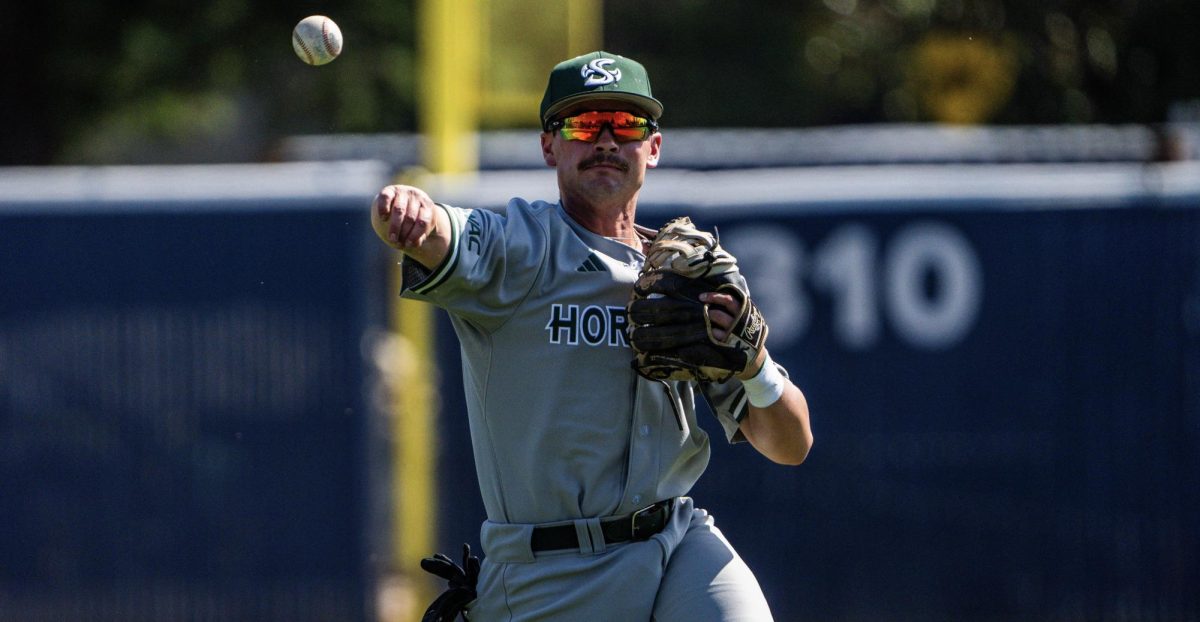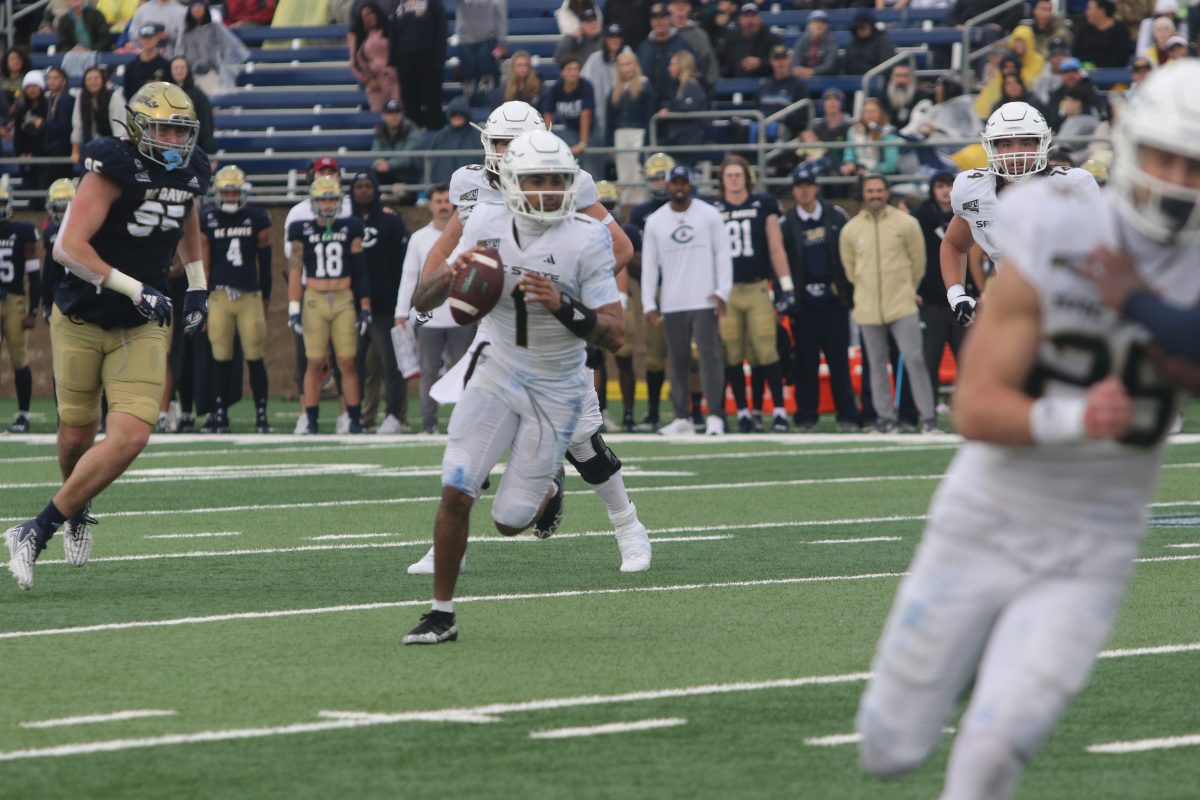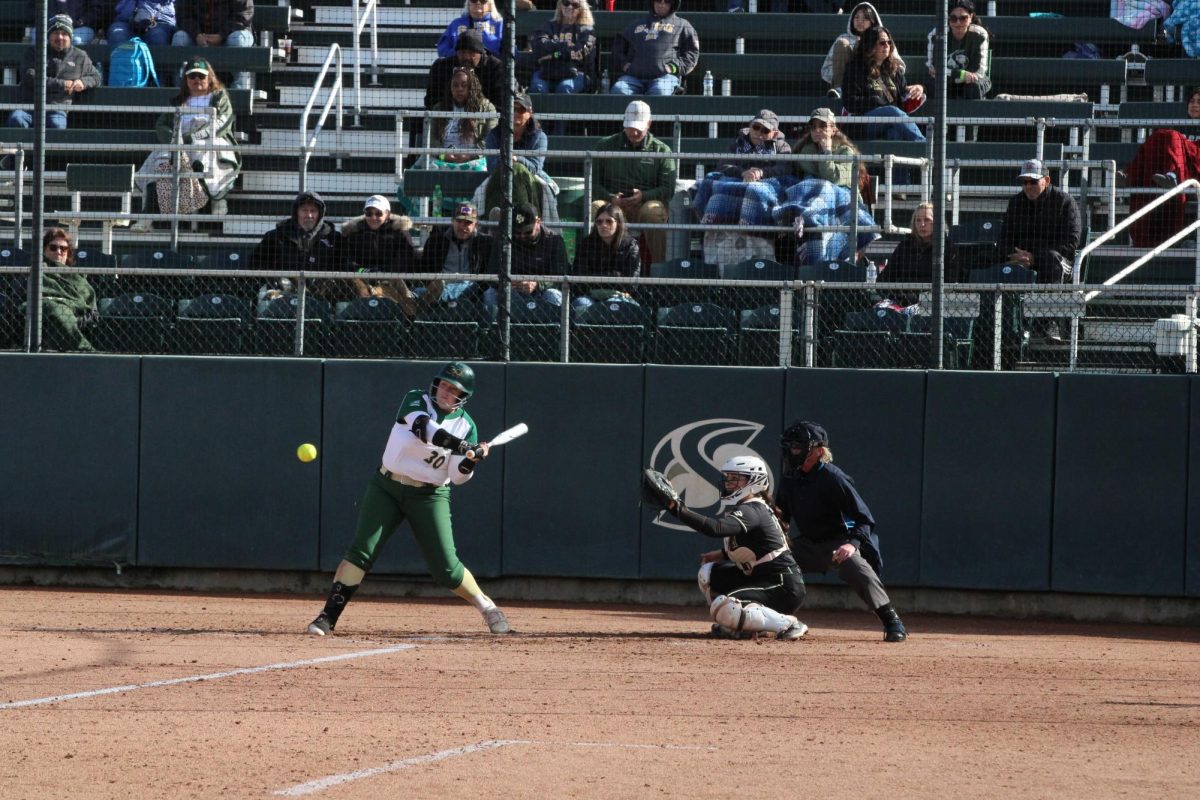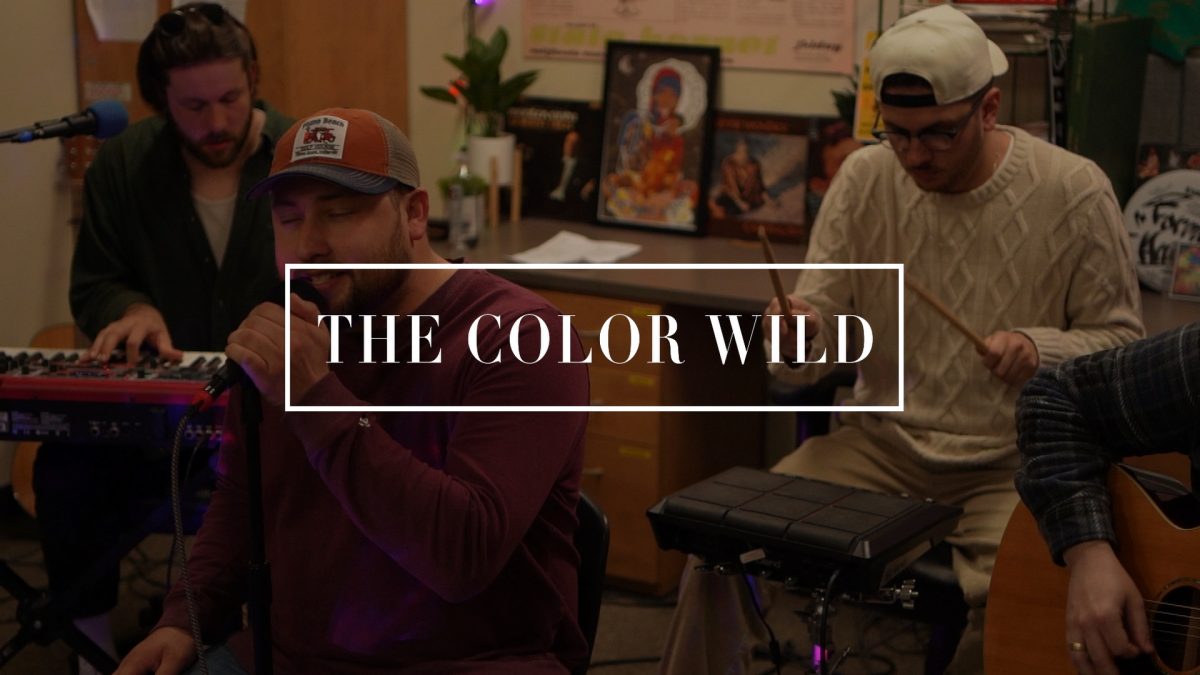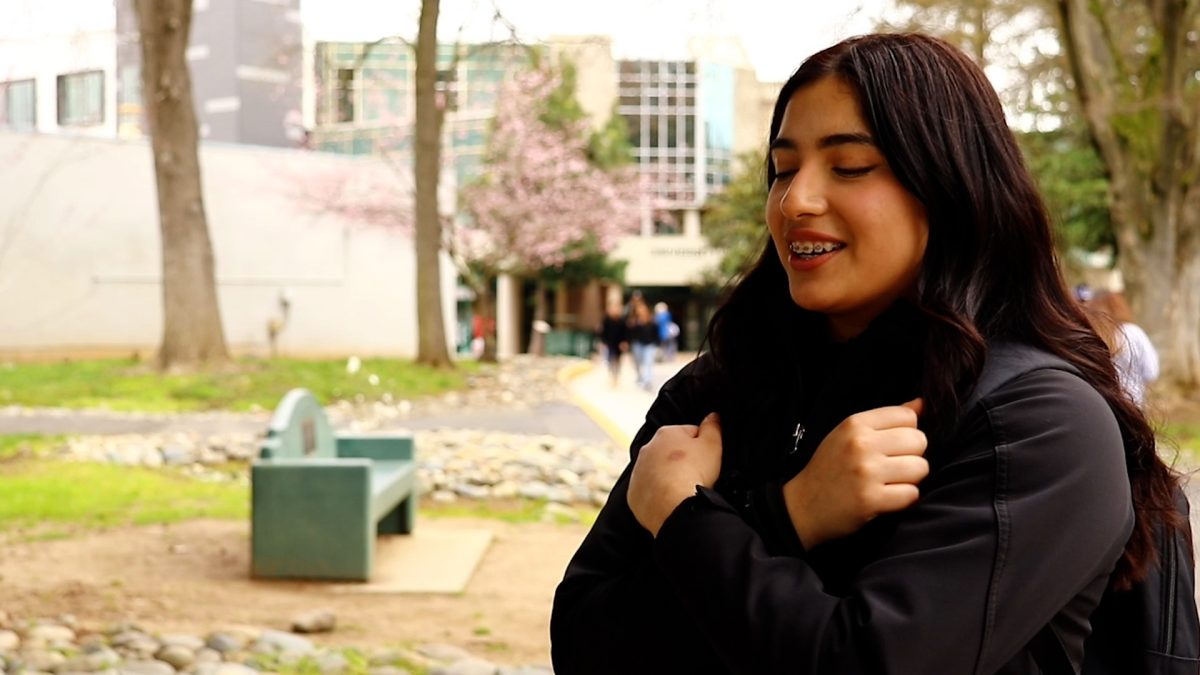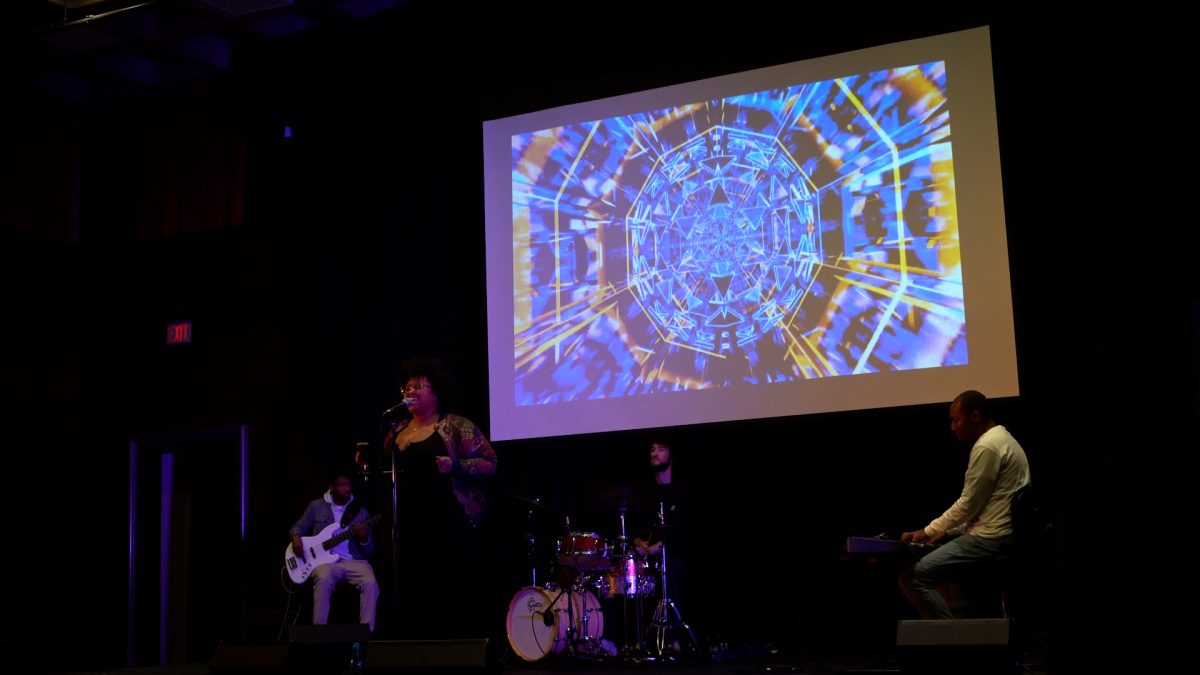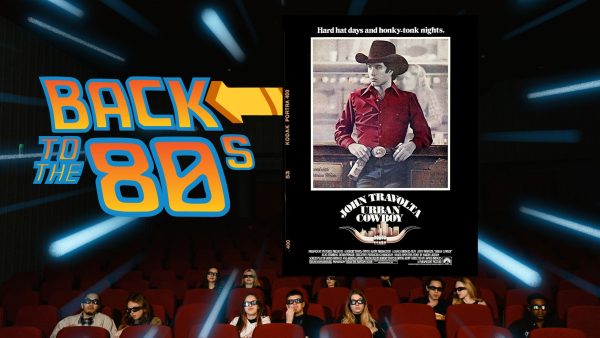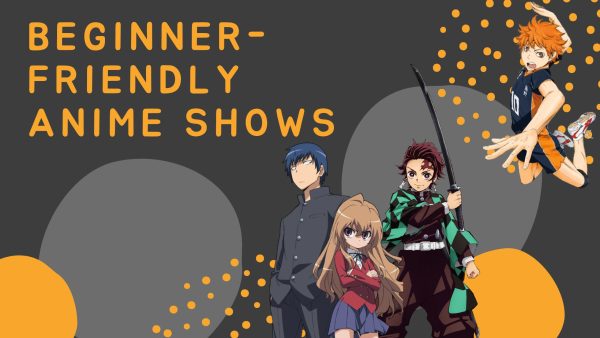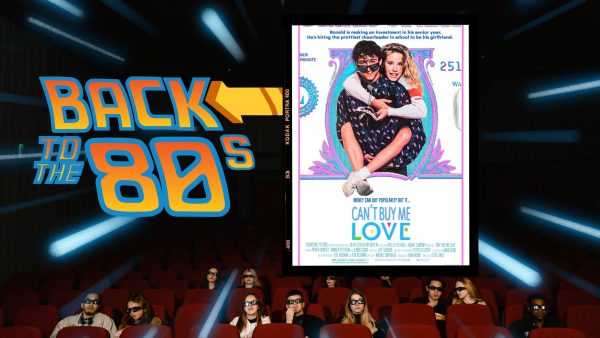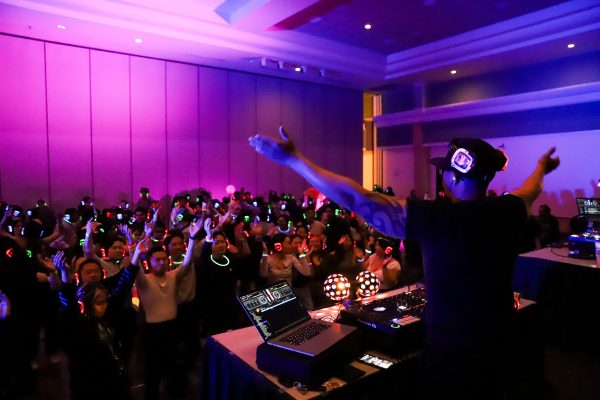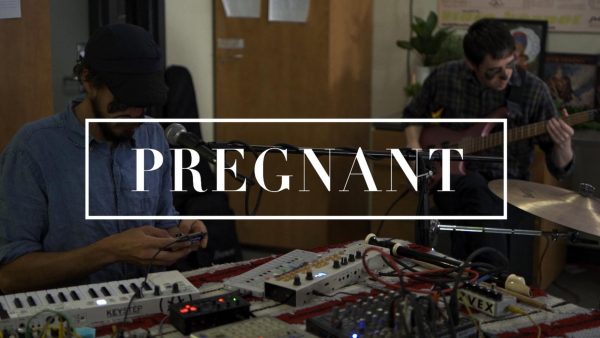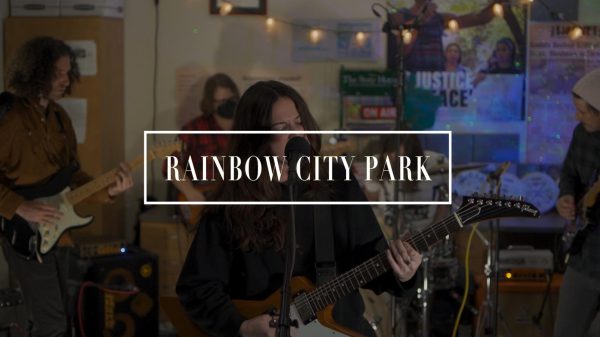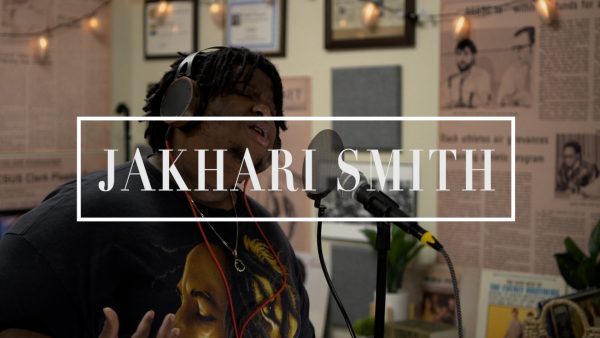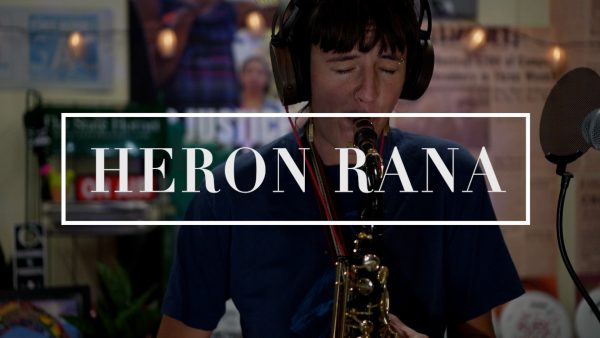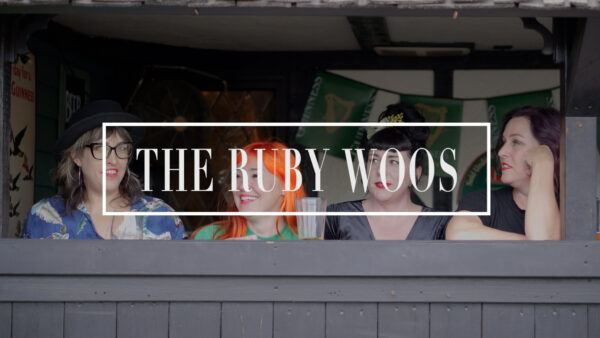‘Ratchet’ is the new fad in rap music
February 20, 2013
In 2001, Jay-Z’s album “The Blueprint” introduced me to a world of clever wordplay, catchy hooks and a sound that was reminiscent of the days of Al Green and The Jackson 5. I put hip-hop on the highest pedestal for years with room only for the best MC’s. Then something happened.
Ratchet happened.
Ratchet music is a sub-genre of rap that is raunchy by nature and obnoxious by choice. There is an element of humor in it; lyrics like “Lemme give your ass a checklist/ One gold watch/ two gold chains/Six gold rings/ it’s nothing/ God Dayum OG Jordans/them high socks No shirt on/ I’m stunting” from new artist Trinidad James makes me laugh but I take him seriously. The lyrics are accompanied with beats that have the charm of an intoxicating night at a strip club. It goes against everything people love about hip-hop but I can’t get enough of it and I’m not the only one.
Currently, on the U.S. Billboard Hot 100 nine songs have the ratchet stamp of approval-the highest position being #8 entitled “F—in’ Problems” by New York’s A$AP Rocky. He holds that position for good reason: The track plays on society’s love of sex and excessive cursing; the chorus alone has 13 curse words. For some people these nine placeholders on the billboard chart are their first introduction to the rambunctious cousin on the hip-hop dinner table; for others, “ratchet” has always been present in hip-hop-just packaged in other forms.
“I think as long as the song has a good beat- throw in something inappropriate and then a dumb line and put it all together with a catchy chorus-people will listen to it,” said freshman deaf studies major Jasmine Riggins. “And you don’t know why, that’s the thing about ratchet music.”
Several popular artists, including notable west coast artist Tyga, YG and the DJ/producer DJ Mustard subscribe to the ratchet trend.
The origin of the word “ratchet” and the sound was pioneered and championed in the south. The term first sprung up in the early 2000’s by Louisiana rapper Lil’ Boosie in the dance track “Do Tha Ratchet.” Boosie gets credit for the word, but “ratchet” sounding tracks have been coming from his peers in the south for years from artists like Three 6 Mafia, Juvenile and Lil’ Jon and the Eastside Boyz.
“I wouldn’t want anybody in the west coast to claim to be ratchet,” said sophomore bio major Alejandro Hernandez. “Leave that for somewhere else.”
Ratchet music’s popularity is undeniable. Party rapper Waka Flacka Flame and Atlanta rapper Trinidad James both got signed in less than a year into their careers and their non-ratchet counterparts have followed suit to make ratchet songs.
While its popularity can be backed by its position on the charts, ratchet’s appeal is a little more convoluted. There is definitely an intangible factor that makes a great ratchet song; otherwise, there wouldn’t be suburban kids present at the shows. Suburbanites love to live vicariously through others- listening to explicit music is no different than watching violent movies or playing “Grand Theft Auto.”
More than anything, it is an escape from the social framework of our everyday lives, most listeners would never blow thousands of dollars at a strip club, pop a molly (MDMA) then drive home in a brinks truck full of money but damn is it fun to sing like you would.
The lyrics are vulgar and outrageous and for a nice guy it’s a guilty pleasure that some might find offensive.
“When it comes to music a song, is a song and it really just depends on how you perceive it. You don’t have to take what they’re saying as a serious thought,” said junior business major Vohn Dumdumaya.
Ratchet is not new to hip-hop and it is certainly not new to music- the word just happens to be “in” with young people and rap enthusiast. As soon as “ratchet” becomes passé, someone, somewhere will come up the perfect word to describe hip-hop’s most outlandish artist and songs.
Anthony can be reached at: [email protected]










